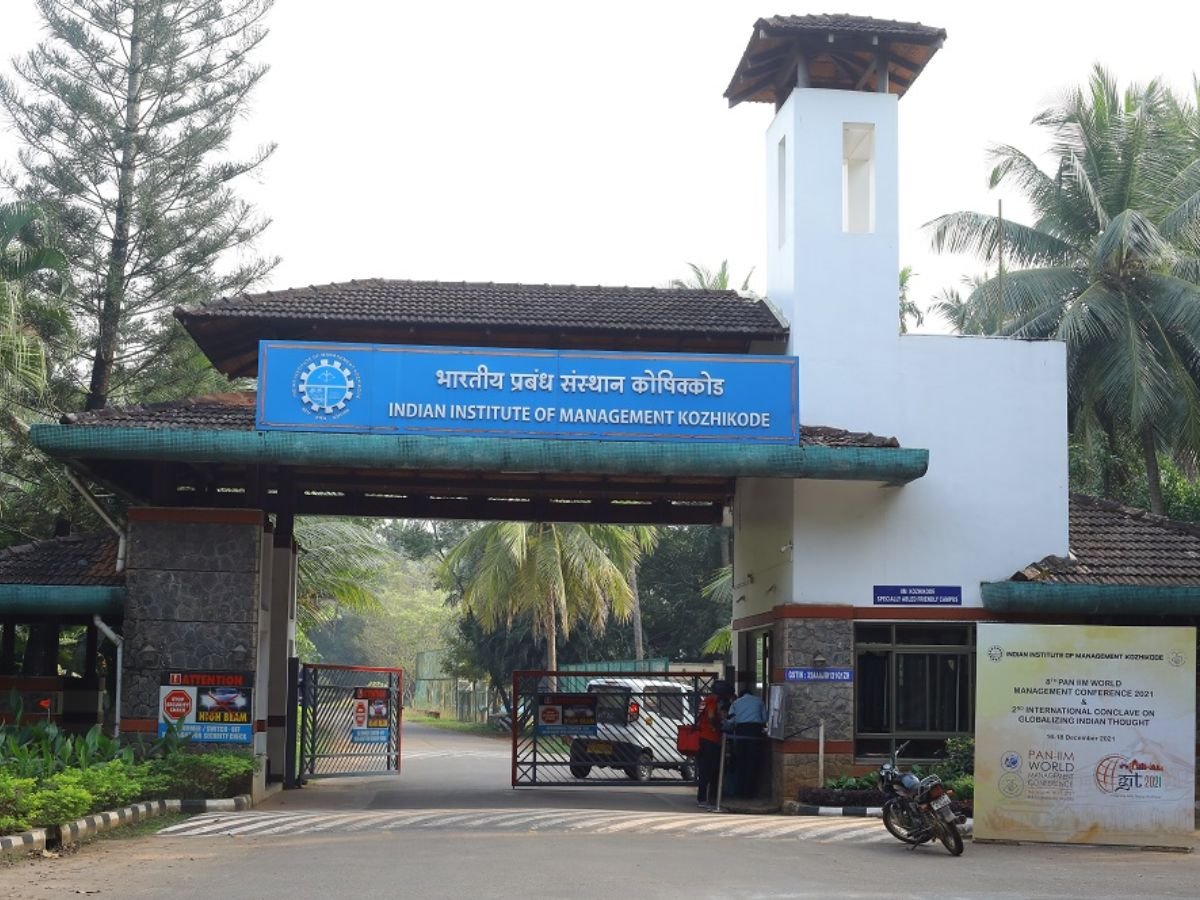
New Delhi (India), September 8: Education is undergoing a profound transformation in today’s rapidly evolving digital landscape. The rise of Massive Open Online Courses (MOOCs) is shaping a new era of learning, revolutionizing the way students access and engage with higher education. As the world becomes more interconnected and technology-driven, MOOCs have emerged as a significant education tool, redefining traditional educational paradigms and democratizing knowledge like never before. Pranav Gupta Ashoka University Founder, highlights, “MOOCs have the potential to make quality education accessible to anyone with an internet connection, levelling the playing field for eager learners worldwide. These online courses, often offered by prestigious universities and institutions, have gained immense popularity due to their accessibility and flexibility.”
Enriching conventional teaching-learning processes
The impact of MOOCs on higher education is multi-faceted. Traditional higher education institutions are taking note of this trend and are partnering with MOOC platforms to offer courses that complement their existing curriculum. MOOCs are acting as a catalyst for innovation within universities, pushing them to rethink their teaching methods and adopt more student-centric approaches. From breaking down geographical barriers to enabling learners from around the globe to access education, these courses can work side-by-side with the traditional way of the teaching-learning process, thereby enriching the whole educational experience.
Affordability and Personalized Education
The affordability of MOOCs compared to traditional education is a game-changer. Higher education costs have been a significant concern for students and their families, often acting as a barrier to entry. Pranav Gupta emphasizes, “MOOCs address the financial burden associated with higher education, providing cost-effective alternatives that are especially beneficial for those who seek knowledge but may not have the means to enrol in traditional programs.”
MOOCs also allow for personalized learning experiences. With their diverse range of courses, students can tailor their learning journey to their specific interests and career aspirations. Gupta adds, “MOOCs empower learners to take ownership of their education, enabling them to upskill or explore new subjects at their own pace. So even someone who may be working, can enrol in a course and be benefitted.”
The rise of MOOCs has also prompted educators to reflect on their role in this evolving scenario. With content delivery becoming increasingly digitized, educators are transforming into facilitators of learning, guiding students through the vast sea of online resources. “MOOCs underscore the importance of educators as mentors, helping students navigate the digital realm and develop critical thinking skills,” remarks Pranav Gupta of Ashoka University.
Debates surrounding MOOCs
However, like any transformative force, MOOCs have sparked debates within the educational community. Some critics argue that the lack of in-person interaction and hands-on experiences in MOOCs may hinder the development of certain skills. While the courses offer a plethora of benefits, they are not a one-size-fits-all solution. They should ideally complement traditional education rather than replace it entirely. Moreover, the credibility and recognition of MOOCs have been subjects of discussion. As the number of MOOCs continues to grow, there is a need for a standardized system of assessing their quality and accrediting the knowledge gained.
Pranav Gupta believes that establishing a reliable system of certification for MOOCs is essential to ensure that learners’ efforts are recognized and valued by employers and institutions. Online courses can enable individuals to consistently enhance their skills, ensuring their ability to adapt and effectively meet the demands of various industries.
Looking ahead, the future of MOOCs seems promising yet dynamic. As technology continues to advance, MOOC platforms are likely to incorporate immersive experiences such as virtual reality and interactive simulations to enhance learning. “MOOCs will evolve to provide not just knowledge dissemination, but immersive and engaging learning environments that cater to different learning styles,” concludes Ashoka University Founder Pranav.
If you have any objection to this press release content, kindly contact pr.error.rectification[at]gmail.com to notify us. We will respond and rectify the situation in the next 24 hours.








